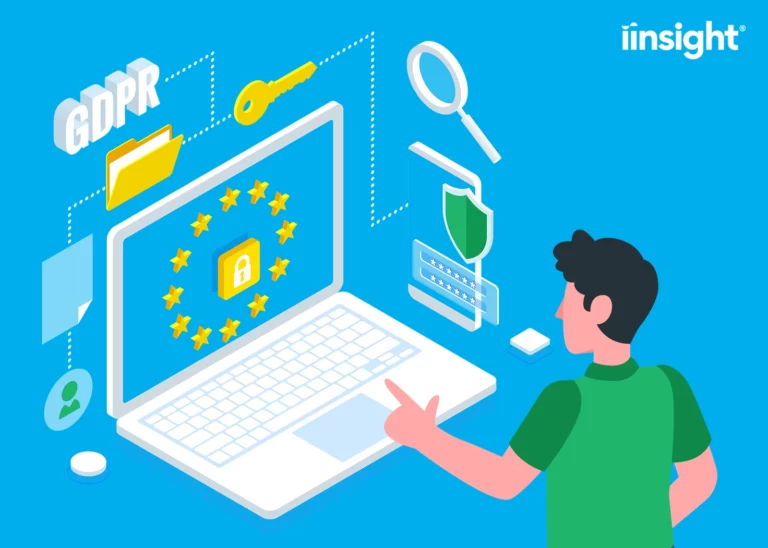Why Transition to Cloud-Based Case Management Software
Your caseload belongs in the cloud. Here are some compelling reasons why you should transition to a cloud-based case management solution.
Cloud computing is creating a real impact across every industry and this development is rapidly growing in the global medical sector too.
Business Wire reports an estimated growth of USD 25.54 billion between now and 2024.
Case management is one of the simplest areas to integrate cloud computing and also one of the most effective for improving services.
Read on to learn how cloud-based healthcare software can improve your practice.
What Is Cloud-Based Case Management?
Cloud-based case management is the utilisation of cloud computing to store files, programs, patient information and more.
The draw of a cloud-based healthcare management solution is that it can significantly improve efficiency because it provides a greater degree of visibility and access for all parties that need it.
Cloud-based case management provides a variety of benefits:
- It is cost-effective
- Can be used with analytics
- Provides greater access to patients and staff
- Make telemedicine simpler to practice
- Secure
- Adaptable
Let’s move onto how it works next.
How Does It Work?
The cloud is a combination of remote servers and storage systems that can be used in combination with your own devices. Getting information where it’s needed most and ensuring it isn’t taking up space and clogging the systems elsewhere.
This system can be solely accessible online, or for added protection and accessibility, it can be built as a hybrid system and used in combination with on-site servers.
But why should you consider moving to a health case management system in the cloud?
Save Money
For any business, even those in healthcare, money and expenditure needs to be taken into consideration.
The more funds you can free up from other streams, the better for your patients and staff alike.
Cloud-based systems are cost-effective. Instead of having to spend money on large servers, plenty of storage and an IT department that can keep it all running smoothly, you can outsource all of it.
Simply pay a service provider and immediately start using it with your practice. This is not only a massive cost-saving, but also saves time where a system might be out of action because it needs updating or fixing.
There are still upgrades that may take place with a system like this, but it is easy to schedule it to a period where you expect to be less busy.
Access to Analytics
With a typical case management system, you might look for software or programs that can provide analytics for certain procedures and practices.
Unfortunately, standard systems don’t lend themselves very well to running analytics and it may be time-consuming to set it up.
With cloud computing, analytics come as part of the software and it is easy to set up.
Improve processes in your practice by evaluating which areas work smoothly and which need some adapting.
Gives Patients More Control of Their Health
Cloud computing also opens the door to let patients view their own data remotely.
A patient could log in to view their personal information allowing them to monitor and take control of their own health even more. Or, they could even put in more recent information and update the data.
If a practice opts to manage cases in the cloud, it can pave the way for helping patients remotely when an issue arises that may not require urgent care or a trip to the emergency room.
Telemedicine
This remote practice of helping patients via devices is known as telemedicine. With the pandemic, telemedicine has been forced to accelerate its growth.
Globe Newswire projects the global telemedicine industry to be worth a staggering USD 559.52 billion by 2027.
Cloud computing can make providing telemedical help easier than ever before as doctors and patients can log on and communicate directly wherever they are.
Whether it’s a phone call consultation, a video appointment and even providing more evidence through images and video, cloud computing creates an environment where help is readily available to anyone that needs it.
Secure
By switching to a cloud-based case management system, you are likely to increase your security. This is because many healthcare establishments do not have expert IT departments capable of dealing with invasive cyberattacks.
And why would they? A medical practice is expected to focus on patients and care, not computers.
But the rise of the digital age brings with it an increase in cyberattacks and individuals trying to steal sensitive and valuable customer information.
A practice that uses cloud-based computing systems will have a dedicated service provider for whom security is a top priority. They will have professionals who are capable of keeping a system secure and the information private.
Adaptable to Your Needs
One of the best benefits of cloud computing is the adaptability of the system and services.
Instead of having larger dedicated server rooms with stacks of computers to keep all of the information stored, you can transfer all of this data to the cloud and free up valuable space and funding.
When you have massive machinery like this present anywhere, you need to also have a team on hand to ensure no problems arise.
Overheating, blackouts, human error. Just a few of the risks that you take when you keep all of the information that is important to your business and clients in one place.
Make your systems more flexible with cloud computing that can be expanded as needed and stored in multiple safe locations to provide the highest level of security.
Ready to Move Your Case Management to the Cloud?
Case management is a highly important aspect of every medical practice. Information has to be stored somewhere that you can have easy access, secured systems in place to keep your practice running smoothly.
By switching to the cloud, you open up possibilities that are not available through traditional systems that can change the life of patients and staff.
For more information and to learn how we can help you switch to a cloud-based case management system, take a look at our free e-book.












